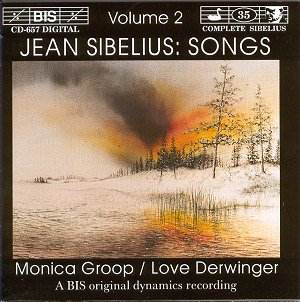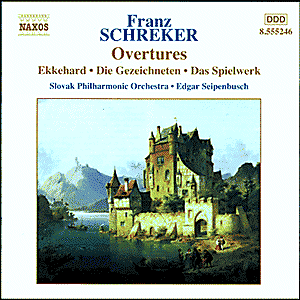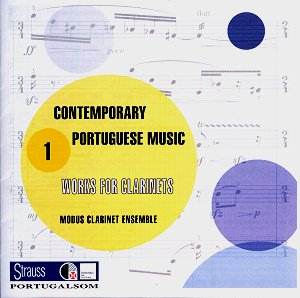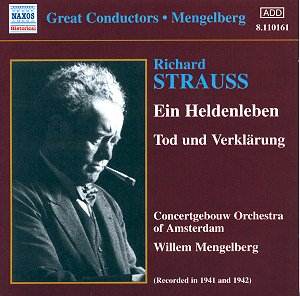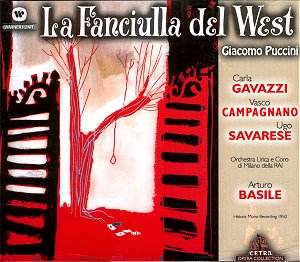 Composer: Giacomo Puccini
Composer: Giacomo Puccini
Works: La Fanciulla del West
Performers: Carla Gavazzi (Minnie), Ugo Savarese (Jack Rance), Vasco Campagnano (Dick Johnson), Pasquale Lombardo (Wowkle), Jone Farolfi (Happy), Orchestra Lirica e Coro di Milano della RAI conducted by Arturo Basile
Recording: Mono recording made in Milan on 23rd November 1950
Label: WARNER FONIT/CETRA 2CD 8573 87488-2
Puccini’s “La Fanciulla del West,” premiered in 1910, occupies an intriguing position within his oeuvre, tempering the lush lyricism of “Madama Butterfly” and the operatic tension of “Tosca” with a distinctly American narrative steeped in the rugged individualism of the Wild West. Although it has not attained the iconic status of Puccini’s three most famous operas, this work is rich in thematic depth and musical innovation, serving as a testament to the composer’s ability to evolve and experiment with form. The 1950 recording under Arturo Basile offers a historical lens into the opera’s interpretation during a period when it was still finding its place among Puccini’s celebrated works.
The performances captured in this recording are notable for their dramatic intensity and vocal prowess. Carla Gavazzi’s portrayal of Minnie is particularly striking; she embodies the character’s complexity, oscillating between vulnerability and strength. Her opening aria, “Laggiù nel soldad,” resonates with a poignant romanticism that encapsulates Minnie’s fierce spirit. Gavazzi’s ability to convey emotional depth is further highlighted in her confrontational exchanges with Ugo Savarese’s Sheriff Rance, whose portrayal is marked by a sinister charm reminiscent of Scarpia. Savarese’s vocal delivery at times lacks clarity in higher registers, yet his interpretative choices bring forth a palpable menace that is essential to Rance’s character.
Vasco Campagnano’s Dick Johnson is rendered with a soft-grained baritone that skillfully balances heroism and vulnerability. His famed aria, “Ch’ella mi creda,” which arrives late in the opera, is a culmination of emotional and musical tension that allows the character’s arc to blossom fully. Campagnano’s ardent execution in both his duet with Minnie and the final act creates a compelling contrast to the more machismo-driven elements of the score. Basile’s direction of the Orchestra Lirica e Coro di Milano is adept, showcasing Puccini’s orchestral colors with a deft hand. The lush orchestration, underscored by rhythmic inflections that evoke the opera’s Californian setting, is effectively rendered, although some of the mono sound quality shows its age.
The engineering quality of this recording is commendable for its time, providing a clear, if somewhat limited, soundstage that allows the listener to appreciate the orchestral subtleties while also foregrounding the vocal performances. However, the absence of an English translation in the libretto limits accessibility, potentially dulling the impact of Puccini’s nuanced text for those less familiar with the Italian language. This omission could detract from the overall experience, especially for audiences encountering “La Fanciulla del West” for the first time.
The recording stands as a vital historical document of a less frequently performed work that deserves renewed attention. Its performances are vibrant and compelling, driven by strong character portrayals and a dedicated orchestral accompaniment. The 1950 Cetra recording of “La Fanciulla del West” showcases the opera as a neglected gem within Puccini’s canon, one that reflects the composer’s adventurous spirit and his capacity to weave intricate narratives into his music. This interpretation, while perhaps not definitive, certainly sheds light on the opera’s dramatic potential and enduring charm, making it worthy of both scholarly exploration and casual listening.
